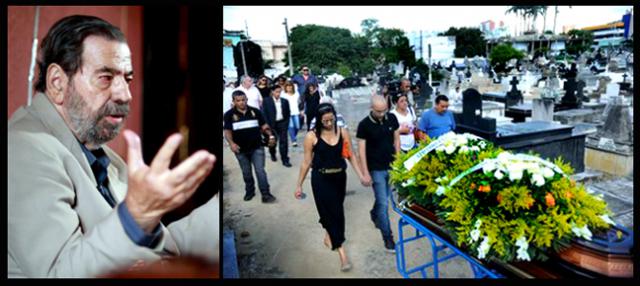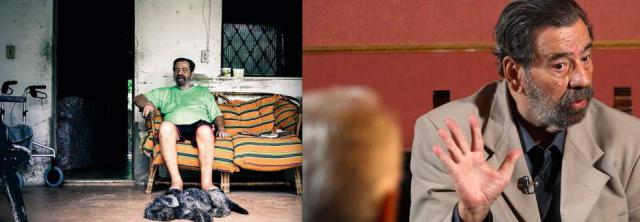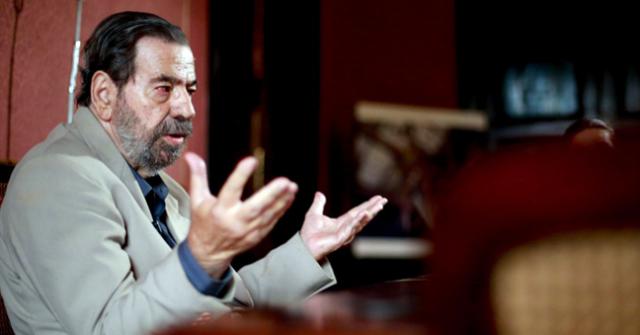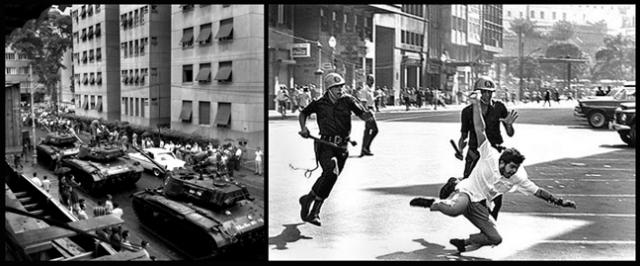North Jefferson County, Kansas — The Sept. 6, 2014 Kansas State Fair debates in Hutchinson, with a maximum arena crowd of 2500, had satellite trucks linked to MSNBC, CNN and reporters from as far away as New York. Certainly proof something was happening in Kansas, but for too many in the state that “something” remains unknown.
The “something” is easily found, though, by shaking any distracted screen grazer, instructing them to google “Traditional Republicans for Common Sense” and informing the techno-dummies that the holiest of holy, the Republican Party of Kansas, is split. Over 100 trusted, life-long members of the “Traditional Republicans” have stood up in name and print against Brownback’s Great Cornpone Revolution.
The True Believers’ Coup
The True Believers in the New Republican Party of Kansas are a mixed-blood group, part Tea Party, part “conservative” libertarian, with a sprinkling of government conspiracy freaks and “pro-life” religious zealots, many secretly funded by the infamous “non-profit” Wichita plutocrats like the Koch brothers.
Invoking fear of “Big Government,” the New Republicans of Kansas, reliably stark raving mad about funding bigger war industries, have kept the Great Bush/Cheney Recession going here by letting every millionaire and billionaire run loose, mostly tax-free.
The New Republican Party was long in coming; I date it to before the abortion wars of former state Attorney General Phill Kline, but the 2010 elections parovided the decisive battle. That was when the True Believers took over and started targeting their own party members for political oblivion.
 Fair game: Charles Koch and the man he's backing in Kansas, incumbent Gov. Sam Brownback
Fair game: Charles Koch and the man he's backing in Kansas, incumbent Gov. Sam Brownback









